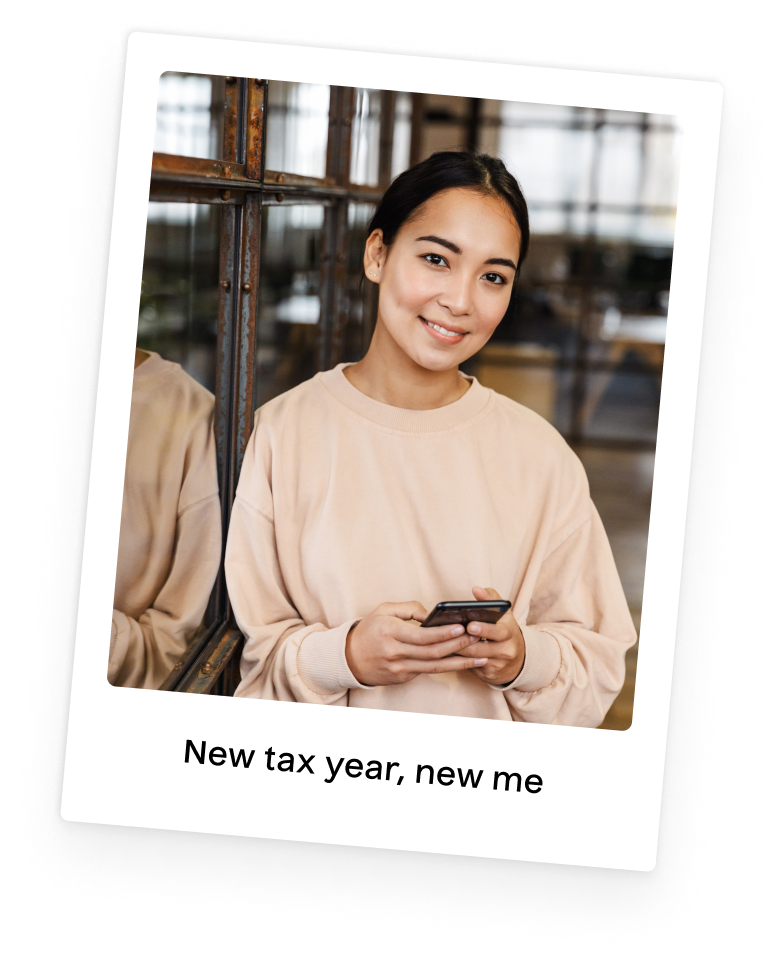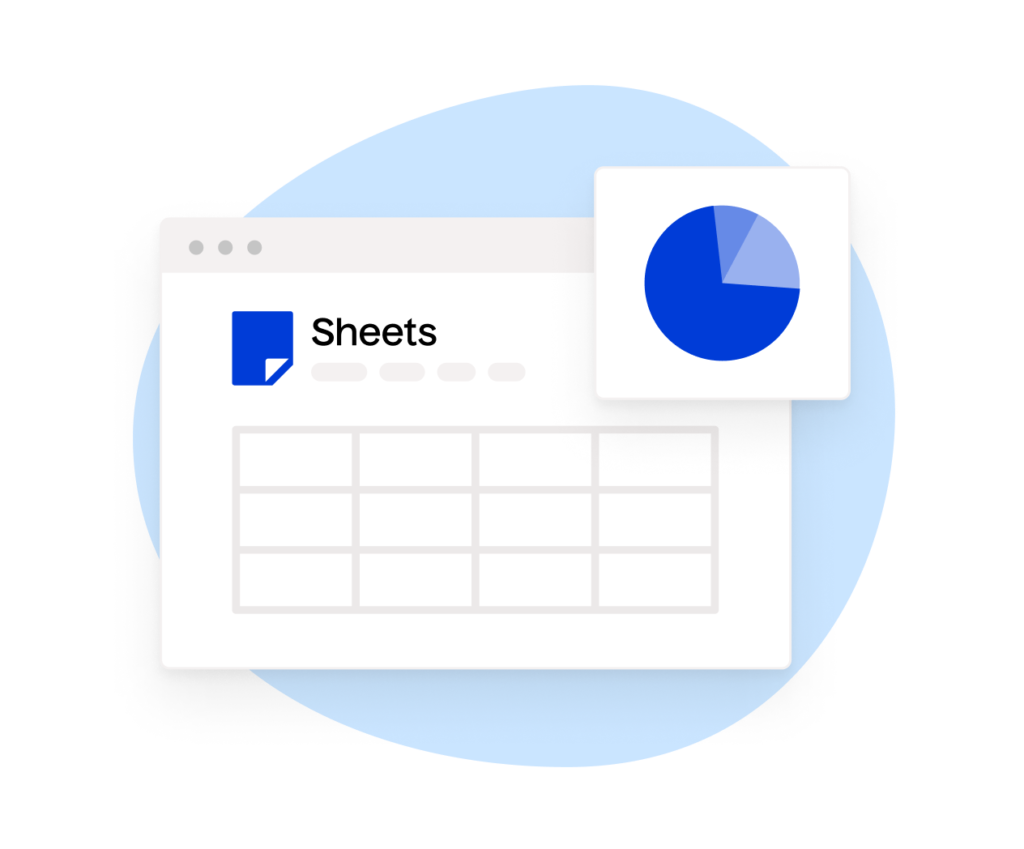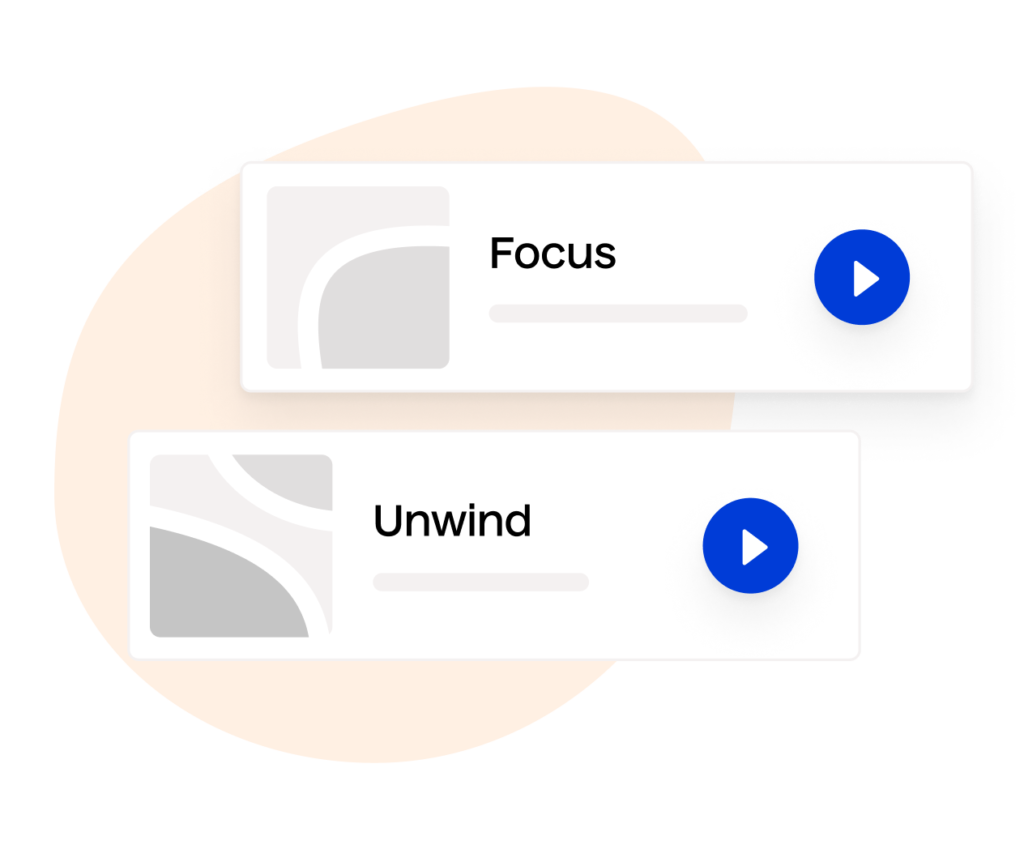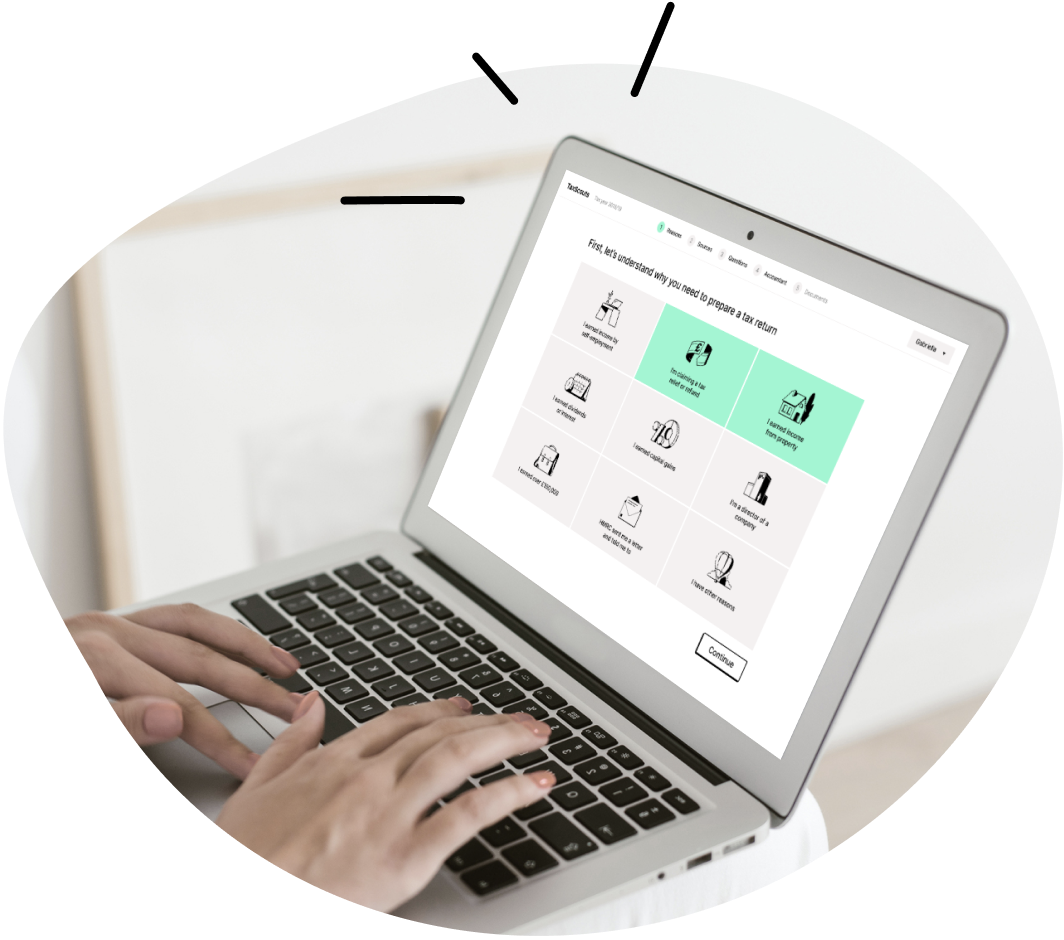How your taxes are calculated if you’re both employed and self-employed
As an employee, your employer calculates and deducts Income Tax and National Insurance contributions for you.
But because you’ve earned over £1,000 from self-employment, you need to submit a Self Assessment tax return to pay Income Tax and National Insurance on your earnings.
PAYE taxes breakdown
These are all deducted from your salary by your employer every month.
You pay no Income Tax on the first £12,570 that you make.
You pay £5,486 (20%) on your salary between £12,570 and £40,000.
You pay no NI contributions on the first £12,570 that you make.
You pay£2,194 (8%) on your salary between £12,570 and £27,430
That’s not all. Your employer is also required to pay separate NI contributions, but these won’t come out of your wages. In your case they would need to pay an extra £3,785 – you should see these on your payslip.
Self-Employment tax breakdown
You will need to submit a Self Assessment tax return and pay these taxes and contributions yourself. The deadline is January 31st of the following year.
You pay £2,054 (20%) on your self-employment income between £0 and £10,270.
You pay £7,092 (40%) on your self-employment income between £10,270 and £28,000.
You will also have to pay £616 (6%) on £10,270 of your self-employment income.
You will have to pay an additional £355 (2%) on another £17,730 of your self-employment income.




